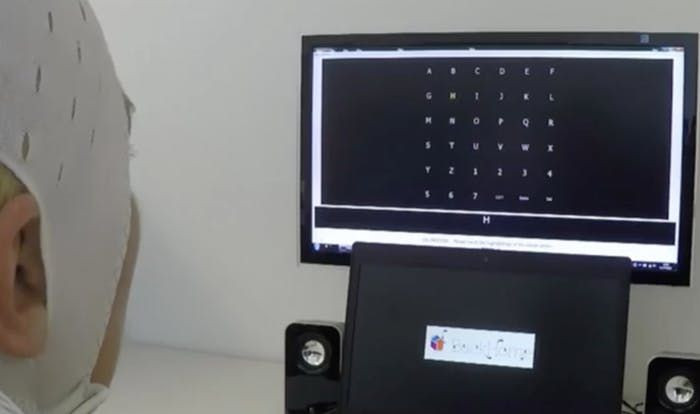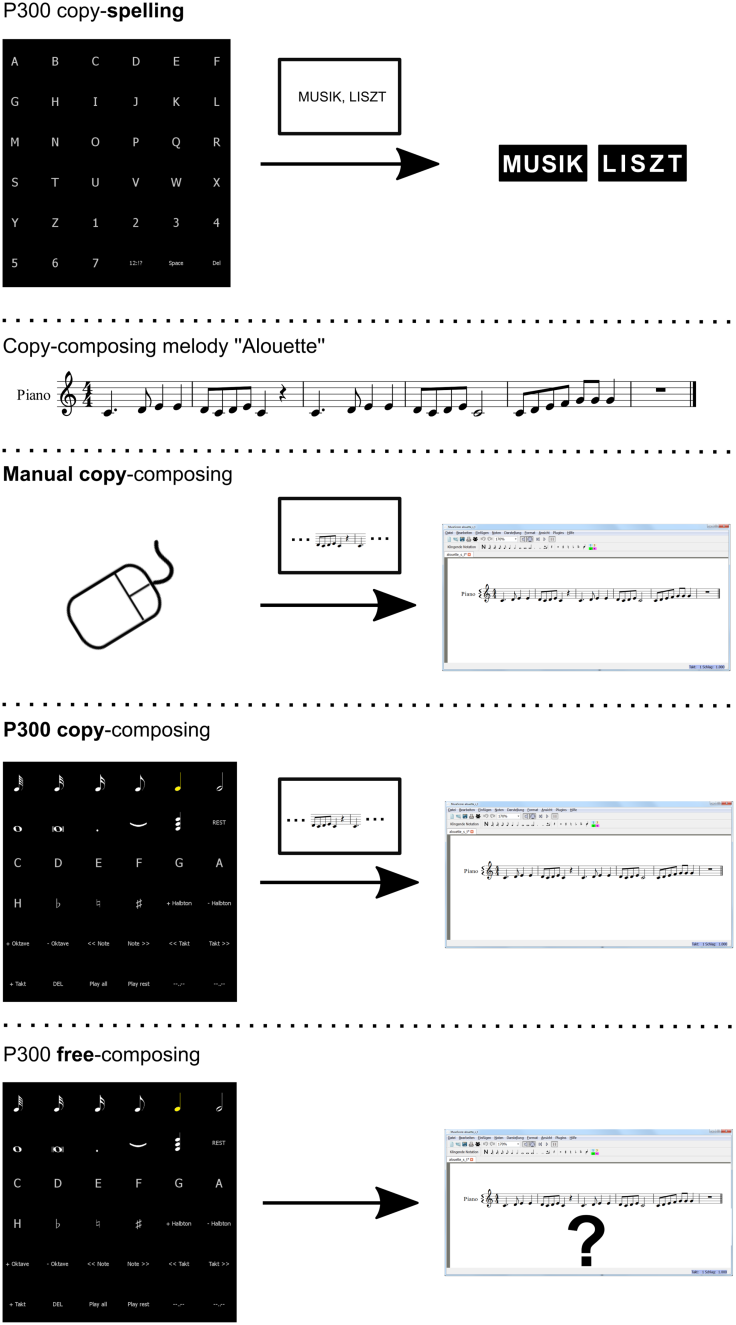Channel Your Inner Kanye: Researchers Create Device That Convert Thoughts To Music

Computers are taking over our world. This may sound like a crazy rant from a paranoid old-man but the advent of virtual reality is gradually nudging us along the line of increased tech dependence.
A human computer interface serves as the bridge to develop cool and useful technology. Such BCI devices are being used by the differently-abled people to play video games using their thoughts and even Stephen Hawking has relied on the technology to talk. Now thanks to a team of Austrian researchers, these BCI devices can even help people in composing music.
In a study published in the PLOS One journal, researchers at Graz University of Technology in Austria have explained how the process they have invented uses a widely known electrical brain signal known as the 'P300 event-related potential' to make the BCI device work.

The device intercepts signals associated with the part of the brain that is used to focus attention. According to the study, the results are encouraging as a satisfied user is the primary goal when working with the differently-abled.
The signal, which the device uses, can be detected using noninvasive headgear fitted with electrodes called an electroencephalogram (EEG) cap. The brain waves are interpreted as communication signals. The information carried by these signals is deciphered as music.
The challenge for the user here is to simply train their brain to use the software controls. In the study, both professional musicians and amateurs were asked to use the software and interface to compose a piece of music by working on different parts of the song making process.
Amateurs and non-professional musicians finished their copy-spelling (spelling out a word with their mind) instructions with 88.2 percent accuracy, while a music composer achieved 100 percent accuracy. When copying an existing composition, the amatures scored an 88.6 percent accuracy points, and one professional composer was 93.6 accurate.
These scores are very promising. If the John Bonham in you just lacked the drum kit, your time might be near. Snap a headgear on, and off to Kashmir.
The 70 percent threshold that researchers considered for the test to be successful was met by every participant, making it a 100 percent success. The only issue faced was the time it took for the users to acclimatize themselves with the nuances of the software. For copying a word task, professional musicians took 77 seconds, which was considered very slow.
But the test was deemed a success when all users could compose a melody. Using just thoughts, the computer was able to decipher the melody the person wanted to generate. No other inputs were given to the computer, no text or speech input. The melody played back right, every time.
Establishing a Brain Composing system, pairing it with your thoughts and working out of a computer to negate all physical involvement, has been a dream. Have you ever had that next big tune or the next big painting in your head? Very soon you could rely on the technology to mentally project your ideas and let it do the rest.
© Copyright IBTimes 2024. All rights reserved.





















